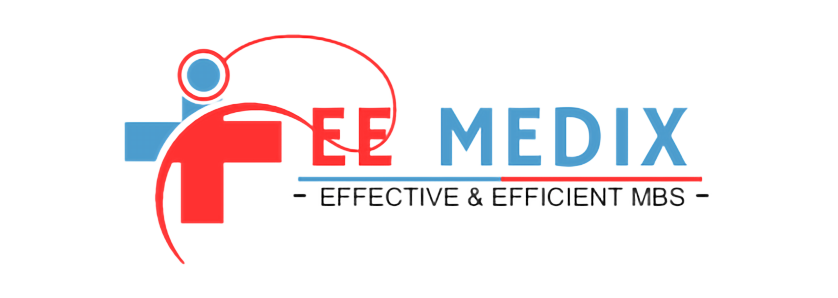In the ever-evolving landscape of healthcare, technology has become the bedrock upon which the industry’s efficiency, accuracy, and patient care hinges. One of the most vital technological advancements in this realm is the Electronic Medical Record (EMR) system. EMR systems have revolutionized the way medical professionals manage patient information, streamline workflows, and enhance the overall quality of healthcare services. In this comprehensive guide, we delve deep into the world of EMR systems, exploring what makes the best electronic medical record system and how it can transform the healthcare sector.
The Evolution of EMR Systems
The healthcare industry has undergone a significant transformation over the years, moving from paper-based record-keeping to the digital era of Electronic Medical Records. This transition has been spurred by the need for more efficient data management, improved patient care, and the quest for a holistic patient-centric approach. EMR systems have played a pivotal role in this evolution, offering healthcare providers a seamless way to access, update, and share patient information securely.
Features of the Best EMR System
When it comes to choosing the best Electronic Medical Record system for your healthcare facility, it’s essential to consider a range of features and functionalities that can significantly impact your practice’s success. Here are some key features that set the best EMR systems apart:
1. User-Friendly Interface
The best electronic medical record systems are designed with user-friendliness in mind. They feature intuitive interfaces that allow medical professionals to navigate through the system with ease. This ensures that the technology doesn’t hinder patient care but enhances it.
2. Interoperability
Interoperability is a critical factor for EMR systems. The best systems can seamlessly integrate with other healthcare technologies and exchange information across platforms. This promotes better collaboration among healthcare providers and ensures comprehensive patient care.
3. Customization
Every healthcare facility is unique, and the best electronic medical record offer a high degree of customization to cater to specific needs. Whether you’re a small clinic or a large hospital, a good EMR system should adapt to your workflow.
4. Data Security
The best EMR systems prioritize data security. They employ robust encryption and authentication measures to protect sensitive patient information, ensuring compliance with healthcare privacy regulations.
5. Decision Support
Cutting-edge EMR systems come equipped with decision support tools. These tools offer clinical decision support, helping healthcare providers make informed decisions based on patient data and best practices.
6. Reporting and Analytics
In the age of data-driven healthcare, the best EMR systems provide robust reporting and analytics capabilities. These features allow for the evaluation of patient outcomes and the identification of areas for improvement.
7. Mobile Accessibility
In an increasingly mobile world, the best EMR systems offer mobile access, allowing healthcare professionals to view and update patient records on-the-go. This feature enhances flexibility and patient care continuity.
Benefits of the Best EMR System
Implementing the best EMR system in your healthcare facility can yield a multitude of benefits:
1. Enhanced Patient Care
By streamlining the documentation process, reducing errors, and improving access to patient information, the best EMR systems empower healthcare providers to deliver higher quality care.
2. Increased Efficiency
Efficiency is at the core of the best EMR systems. They save time, reduce administrative tasks, and improve workflow, allowing medical professionals to focus more on patient care.
3. Cost Savings
EMR systems help cut down on paper and administrative costs. They also minimize errors, reducing potential legal liabilities and associated expenses.
4. Better Decision-Making
With decision support tools and advanced analytics, the best EMR systems enable healthcare providers to make well-informed decisions, leading to better patient outcomes.
5. Improved Patient Engagement
Patients are increasingly involved in their healthcare decisions. electronic medical record with patient portals facilitate communication and engagement, making healthcare more patient-centric.
Conclusion
The best Electronic Medical Record (EMR) systems have transformed the healthcare industry by providing healthcare professionals with powerful tools to improve patient care, streamline workflows, and ensure data security. When searching for the best EMR system, prioritize features like user-friendliness, interoperability, customization, data security, decision support, and reporting capabilities. Implementing the right EMR system can bring about enhanced patient care, increased efficiency, cost savings, better decision-making, and improved patient engagement.

